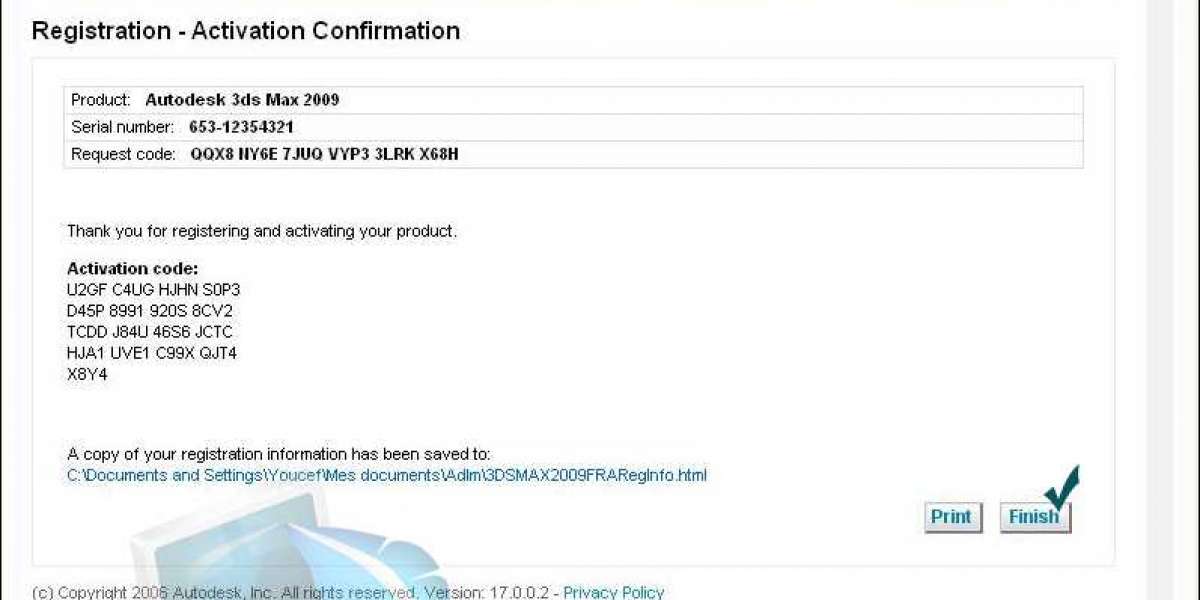Are you hearing strange noises when you open or close your garage door? Maybe it's not closing evenly or seems to struggle with every operation. These signs could indicate that your garage door needs some attention. Don't worry; you're not alone. Garage door issues are common among homeowners, but with the right knowledge and timely action, you can ensure your garage door stays in top-notch condition.
Understanding the Anatomy of Your Garage Door
Before diving into repair tips, let's get acquainted with the basic components of a typical garage door system. A standard garage door comprises several parts, including the door itself (usually made of metal, wood, or fiberglass), springs, tracks, rollers, hinges, and a motor (if it's an automatic door). Each component plays a crucial role in the smooth operation of your garage door.
Common Garage Door Problems and Solutions
Noisy Operation: If your garage door produces excessive noise during operation, it could be due to worn-out rollers, loose hardware, or lack of lubrication. Regularly lubricating the moving parts with silicone-based lubricants can significantly reduce noise.
Uneven Closing: An unevenly closing garage door often indicates a misaligned track. Inspect the tracks for any obstructions or bends and adjust them accordingly. Additionally, ensure that the sensors at the bottom of the door are clean and aligned correctly.
Slow Response: A sluggish response from your garage door opener could signal a variety of issues, including a weak or dying battery in the remote, misaligned sensors, or worn-out motor gears. Start by replacing the remote batteries and realigning the sensors before considering motor repairs.
Door Reversal: If your garage door reverses immediately after touching the floor, it might be due to an obstruction in the sensor's path or misadjusted sensitivity settings. Clear any debris around the sensors and adjust the sensitivity as needed.
Broken Springs: Broken or worn-out springs are one of the most common reasons for garage door malfunctions. Replacing garage door springs can be dangerous and is best left to professionals due to the high tension involved.
Preventive Maintenance Tips
Prevention is always better than cure when it comes to garage door issues. Here are some preventive maintenance tips to keep your garage door in excellent condition:
Regularly inspect and lubricate moving parts such as rollers, hinges, and springs.
Keep the tracks clean and free from debris.
Test the balance of your garage door periodically by disconnecting the opener and manually lifting the door halfway. It should stay in place; if not, it might be off-balance and require adjustment.
Schedule professional maintenance at least once a year to catch any potential problems early on.
Final Thoughts
Your garage door is not just a functional aspect of your home; it's also a crucial security feature. Ignoring signs of garage door issues can lead to more significant problems down the line and compromise the safety of your property. By staying proactive and addressing issues promptly, you can ensure that your garage door remains reliable and functional for years to come. Remember, when in doubt, always consult with a professional garage door repair service to ensure the job is done safely and effectively.








